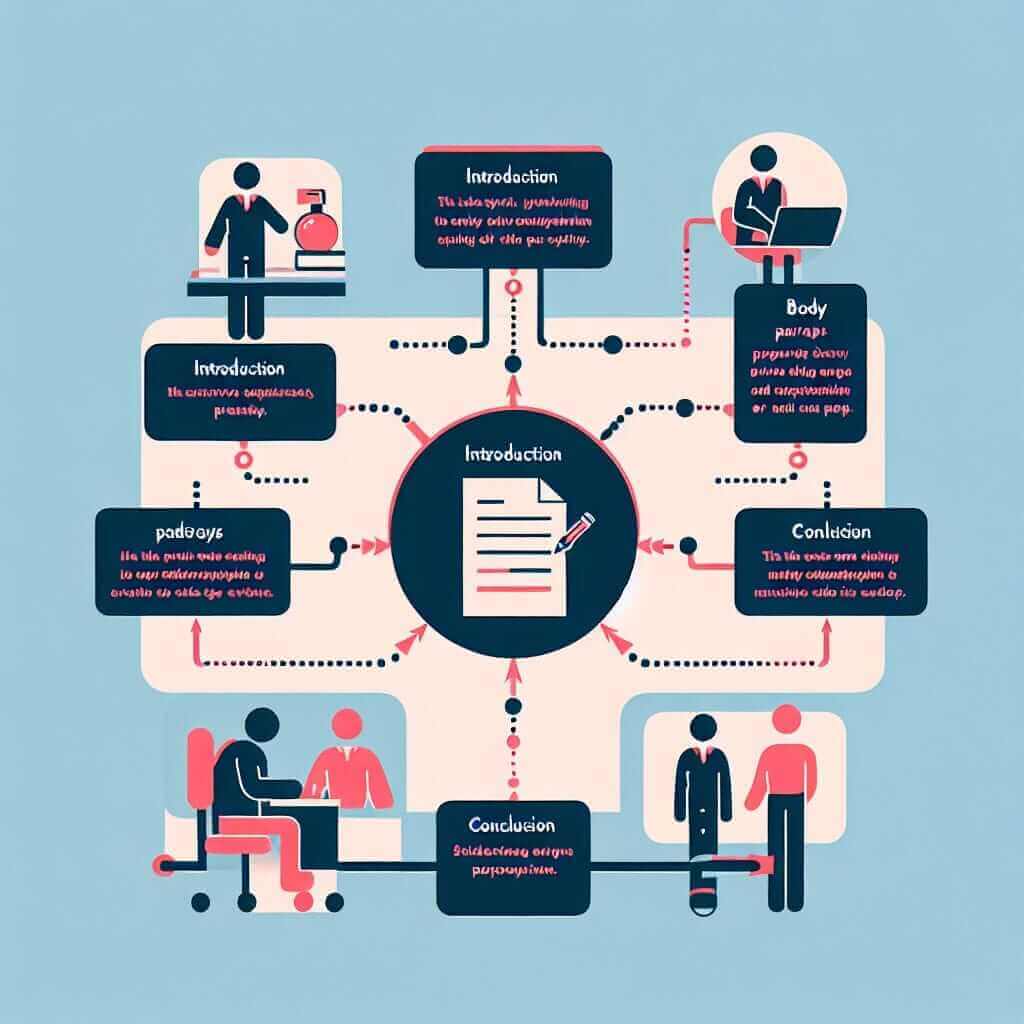For many aspiring English language learners, the IELTS writing section looms as a formidable challenge on the path to achieving their academic or professional goals. While every section of the IELTS presents its unique hurdles, the writing component often proves particularly daunting.
But why is IELTS writing so difficult?
As an IELTS instructor with over 20 years of experience, I’ve witnessed countless students grapple with this very question. The truth is, there isn’t a single, simple answer. The difficulty stems from a confluence of factors, from mastering complex grammar and vocabulary to grasping nuanced writing conventions and facing the pressure of a timed exam.
Understanding the Challenges of IELTS Writing
Let’s break down some of the common reasons why many find IELTS writing a challenging mountain to climb:
1. Time Constraints: The Ticking Clock
Perhaps the most obvious hurdle is the time limit. Both Task 1 and Task 2 require you to formulate, organize, and articulate your thoughts in writing within a short span of time. This means you need to be able to quickly analyze the question, plan your response, and write effectively without spending too long on any one stage.
2. Meeting the Specific Criteria
IELTS writing isn’t simply about writing well in English; it’s about writing well within the specific confines of the IELTS assessment criteria. This means understanding and fulfilling the requirements of each task type, using a range of grammatical structures and vocabulary accurately and appropriately, and ensuring your writing is coherent, well-organized, and addresses all parts of the task.
3. Mastering Academic Language
For many test-takers, especially those unfamiliar with academic writing conventions, using the appropriate register and style of language can be challenging. IELTS writing, particularly in Task 2, often demands a more formal tone, avoiding colloquialisms and slang, and employing sophisticated vocabulary and grammatical structures.
4. Understanding Different Essay Structures
Knowing how to structure different essay types is crucial for IELTS Writing Task 2. Whether it’s an argumentative essay, a problem-solution essay, or an advantage-disadvantage essay, each has a specific structure that needs to be adhered to for clarity and coherence.

Tips to Improve Your IELTS Writing Skills
Now that we’ve identified some of the reasons why IELTS writing can be difficult, let’s focus on what you can do to overcome these challenges and achieve your desired score:
1. Practice Makes Perfect (and More Confident)
The most effective way to improve your writing is to practice regularly. This not only helps you become more comfortable with the time constraints but also allows you to experiment with different essay structures and refine your writing style.
Actionable Tip: Aim to write at least one essay per week, alternating between Task 1 and Task 2. Get feedback from a teacher or tutor on your writing to identify areas for improvement.
2. Expand Your Vocabulary
A wide range of vocabulary is essential for achieving a high score. Make a conscious effort to learn new words and phrases, particularly those related to common IELTS themes such as education, technology, and the environment.
Actionable Tip: Keep a vocabulary notebook and record new words and phrases along with their definitions and example sentences. Use these words in your writing practice to reinforce your learning.
3. Master Grammar Essentials
While using a wide range of grammar is important, accuracy is key. Make sure you have a solid understanding of essential grammar rules, such as verb tenses, articles, and sentence structure.
Actionable Tip: Review grammar rules regularly and work on specific areas where you tend to make mistakes. Use grammar exercises and online resources to strengthen your understanding.
4. Analyze Model Essays
One of the best ways to learn effective writing techniques is to analyze model essays. Pay attention to the language used, the organization of ideas, and how the writer addresses the task requirements.
Actionable Tip: Find high-scoring model essays online or in IELTS preparation books. Deconstruct the essays to understand the writer’s approach and identify techniques you can incorporate into your writing.
5. Seek Feedback and Learn from Mistakes
Don’t be afraid to ask for feedback on your writing. Identify your common errors and work on improving those areas. Embrace feedback as an opportunity for growth and refinement.
Actionable Tip: Join an IELTS writing group or forum where you can share your essays and receive feedback from other learners. Engage actively in discussions and learn from others’ mistakes.
Conclusion
While the IELTS writing section poses a significant challenge, it’s not an insurmountable one. By understanding the specific demands of the test, dedicating yourself to consistent practice, and focusing on key areas like vocabulary, grammar, and structure, you can develop the necessary skills to succeed. Remember, the journey to mastering IELTS writing is a marathon, not a sprint. Be patient with yourself, celebrate your progress, and never underestimate the power of perseverance.